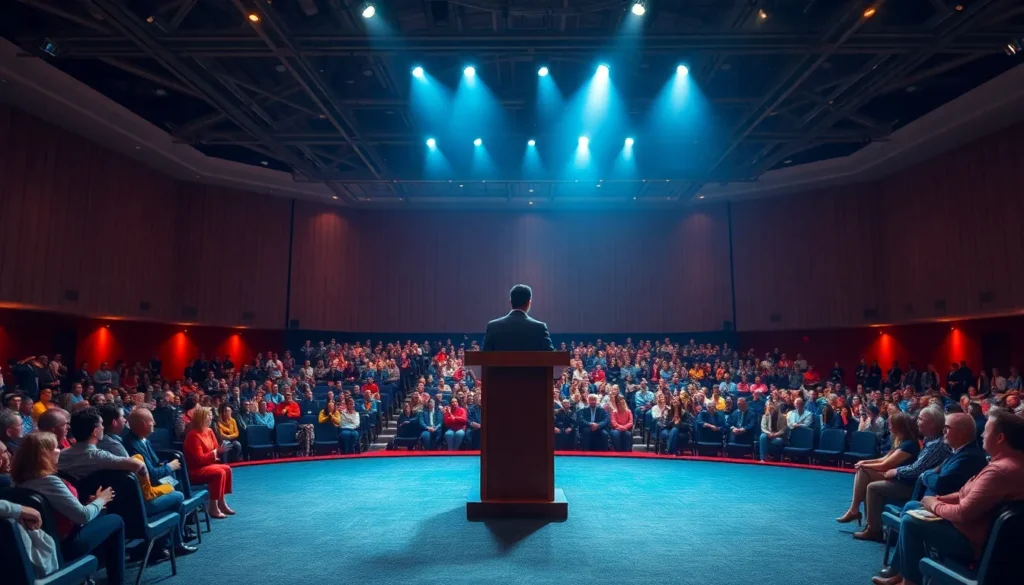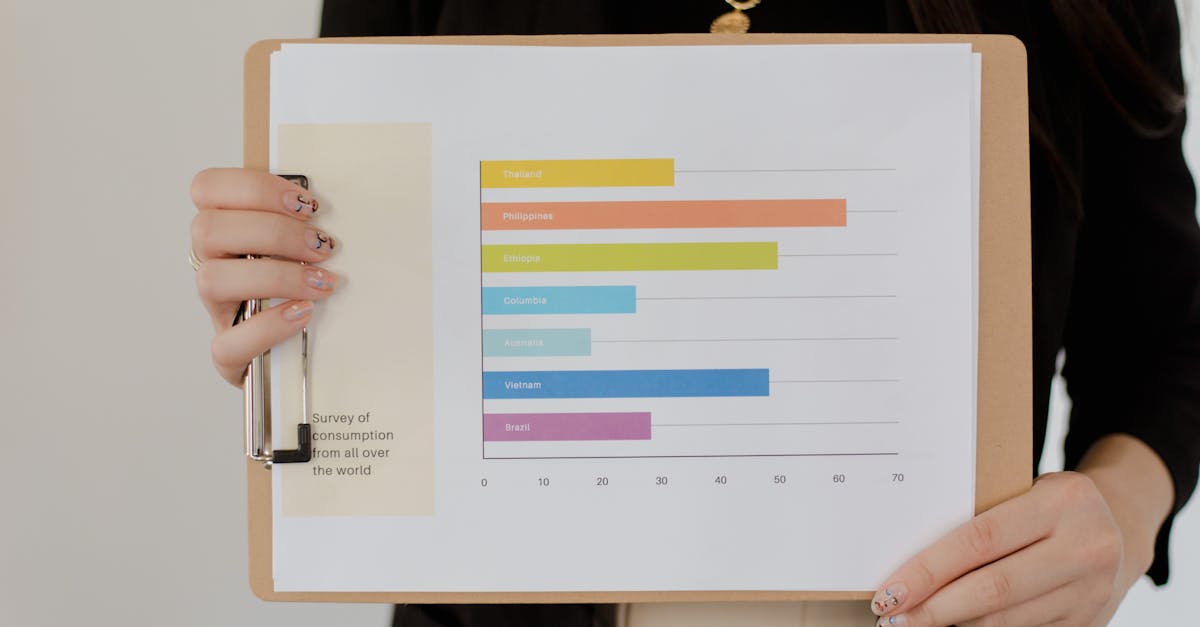As the excitement builds for tomorrow night’s debate, many viewers are eager to know when the action kicks off. Debates often serve as pivotal moments in any election cycle, shaping public opinion and influencing voter decisions. With candidates ready to showcase their policies and engage in spirited discussions, timing becomes crucial for those wanting to tune in.
Understanding the exact start time ensures that audiences don’t miss a moment of the exchange. Whether it’s a televised event or streamed online, knowing when to watch can make all the difference. Stay informed and get ready to witness the clash of ideas that could sway the electorate.
Table of Contents
ToggleOverview of the Debate
The debate presents an opportunity for candidates to articulate their policies, challenge opponents, and connect with the electorate. Scheduled for tomorrow night, the event offers viewers insights into candidates’ stances on critical issues.
Debate details include:
- Date: Tomorrow
- Time: 8 PM EST
- Location: National Convention Center
- Format: Two-hour live broadcast
Viewers can access the debate through major networks and streaming platforms. Engaging with the content allows audiences to form informed opinions, enhancing understanding of each candidate’s vision for the future. Key topics to be discussed may encompass healthcare, economy, and foreign policy, showcasing candidate positions on pivotal national concerns.
Importance of the Debate Timing

Understanding the timing of the debate is crucial for maximizing viewer participation and engagement. The scheduled start time of 8 PM EST invites viewers to plan accordingly, ensuring they don’t miss pivotal moments of the discussion.
Factors That Influence Debate Timing
Several factors impact the timing of debates.
- Audience Availability: Organizers often choose times that accommodate the largest number of viewers, considering work and family schedules.
- Network Programming: Major networks select times based on their programming strategies to attract the highest viewership.
- Event Coordination: Candidates and moderators coordinate schedules to allow ample preparation and ensure the event runs smoothly.
- Public Interest: Debate timing may also consider current events and public interest levels, aligning with crucial campaign milestones.
Audience Engagement and Timing
Engagement hinges on strategic timing.
- Peak Viewing Hours: Scheduling debates during peak TV hours increases the likelihood of higher viewership and engagement.
- Social Media Activity: Debates that coincide with active online discussions enhance viewer interaction, as audiences can participate in real-time commentary.
- Polling Results: Timing often takes recent polling into account, enabling candidates to respond to immediate public sentiments.
- Debate Format: The length and structure of the debate can influence viewer retention, with attention spans at their peak during the first hour.
How to Find Out the Debate Schedule
Finding the debate schedule requires checking reliable sources to ensure accurate information. Accessing official announcements and social media platforms provides timely updates on the event.
Official Announcements and Sources
Official announcements from recognized organizations and networks deliver direct information about the debate. Checking the websites of major networks such as CNN, NBC, and ABC reveals accurate schedules. The Federal Election Commission (FEC) may also provide announcements regarding debate timings. Additionally, local news organizations often cover the event, offering specifics relevant to regional audiences.
Social Media and News Outlets
Social media platforms serve as instant sources for updates on debate schedules. Following candidates, political analysts, and trusted news outlets on Twitter, Facebook, or Instagram ensures viewers receive real-time notifications. News outlets such as Reuters, The Associated Press, and Politico frequently post updates across their channels, aiding in quick access to schedule changes and relevant details. Checking hashtags related to the debate can also assist viewers in finding updates and engaging with discussions.
Tips for Watching the Debate
Maximizing the debate experience requires proper preparation and focus on key discussion points. Here’s how to ensure full engagement.
Preparing Ahead of Time
- Set Reminders: Schedule reminders for the debate to ensure timely viewing at 8 PM EST.
- Find Viewing Platforms: Identify which major networks or streaming services will broadcast the debate. Confirm accessibility on the chosen platform.
- Create a Comfortable Viewing Space: Arrange an environment conducive to watching and listening, minimizing distractions for better concentration.
- Gather Necessary Supplies: Have snacks, drinks, and notepads ready for taking notes on important moments and talking points.
- Invite Others: Consider watching the debate with friends or family to foster discussion and varied perspectives.
Key Points to Focus On
- Candidates’ Policies: Pay attention to how candidates articulate their positions on healthcare, the economy, and foreign policy. Note differences and similarities.
- Debate Dynamics: Observe interactions between candidates, including challenges and responses. These dynamics often highlight candidate strengths and weaknesses.
- Fact-Checking Claims: Keep a reliable source for fact-checking claims made during the debate. This helps to understand the veracity of information shared.
- Audience Reactions: Watch audience reactions in the studio, as they can provide insights into the candidates’ performances and public perceptions.
- Social Media Engagement: Utilize social media platforms to follow real-time reactions and discussions, which can enhance understanding of the debate’s impact.
Engagement and preparation enhance the quality of the viewing experience, leading to informed perspectives on the candidates and their positions.
The upcoming debate promises to be a pivotal moment in the election cycle. With its scheduled start at 8 PM EST viewers have a prime opportunity to engage with the candidates and their positions on crucial issues. Preparation is key to making the most of this event.
By staying informed and ready to participate in discussions viewers can enhance their understanding of the political landscape. Whether watching alone or with others the debate will serve as a platform for shaping opinions and influencing decisions. As the time approaches it’s essential to mark calendars and ensure access to reliable viewing options.


